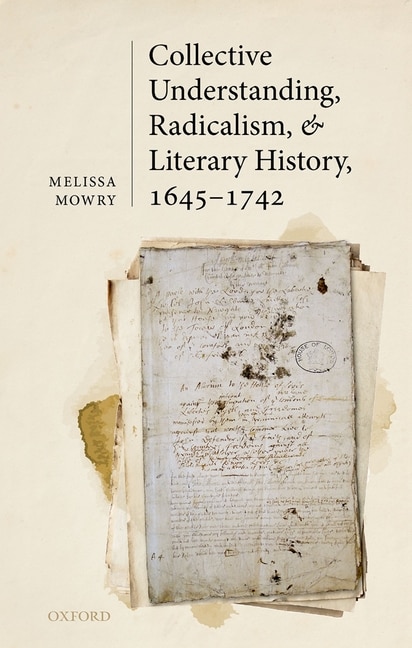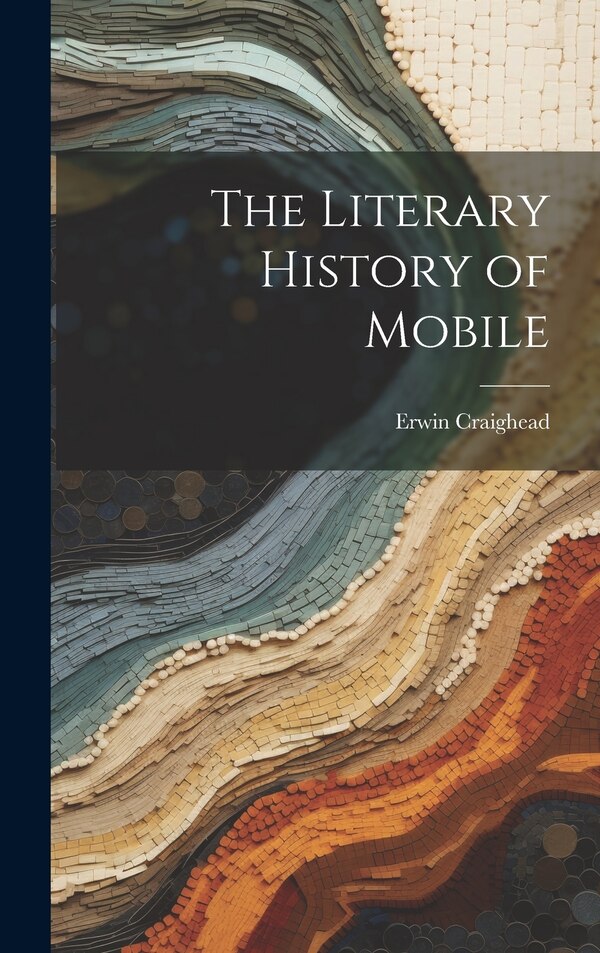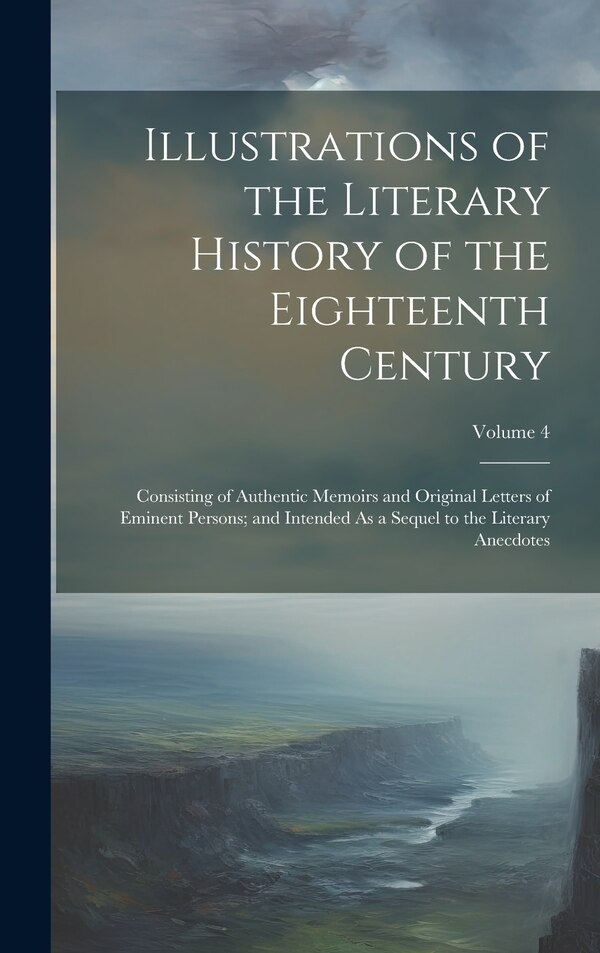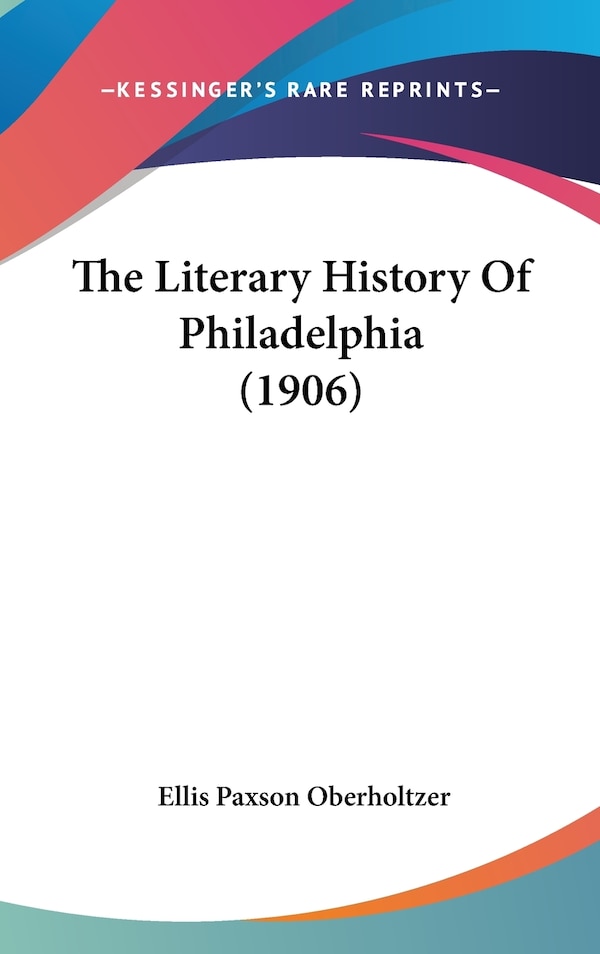
Choice Made Simple!
Too many options?Click below to purchase an online gift card that can be used at participating retailers in Village Green Shopping Centre and continue your shopping IN CENTRE!Purchase HereHome
Collective Understanding Radicalism And Literary History 1645-1742 by Melissa Mowry, Hardcover | Indigo Chapters
Coles
Loading Inventory...
Collective Understanding Radicalism And Literary History 1645-1742 by Melissa Mowry, Hardcover | Indigo Chapters in Vernon, BC
From Melissa Mowry
Current price: $128.04

Coles
Collective Understanding Radicalism And Literary History 1645-1742 by Melissa Mowry, Hardcover | Indigo Chapters in Vernon, BC
From Melissa Mowry
Current price: $128.04
Loading Inventory...
Size: 25.4 x 216 x 444
*Product information may vary - to confirm product availability, pricing, shipping and return information please contact Coles
Political, literary, and cultural historians of the early modern Anglophone world have long characterized the crucial century between 1642 and 1742 as the period when absolutist theories of sovereignty yielded their dominance to shared models of governance and a burgeoning doctrine ofunalienable, individual rights. Yet even the most cursory glance at the cultural record, reveals that individualism was largely a footnote to a conflict over the production of political and cultural authority that erupted around the middle of the seventeenth century between sovereignty andcollectivity. Collective Understanding, Radicalism, and Literary History reaches back to the English civil wars (1642-46, 1648) when a distinctive and anti-authoritarian hermeneutic emerged from the dissident community known as the Levellers. Active between 1645 and 1653, the Levellers argued that amore just political order required that knowledge, previously structured by the epistemology of singularity upon which sovereignty had built its authority, be reorganized around the interpretive principles and practices of affiliation and collectivity. Collective Understanding contends that late Stuart and eighteenth-century literature played a central role in marginalizing the non-elite methods of interpretation and knowledge production that had emerged in the 1640s. While pamphlets and other readily available texts ridiculed members of thecommonalty, it was the longer narrative arcs of drama and fiction that were uniquely able to foreground the collaborative methods civil war dissidents and the Levellers in particular had used to advance their opposition to sovereignty's epistemological paradigm. Writers such as William Davenant, Aphra Behn, Edward Sexby, Algernon Sidney, and Daniel Defoe repeatedly exposed these dissident methods as a profound and potentially catastrophic challenge to the political privileges of the ancien regime as well as its ancestral monopoly on the production of new knowledge. | Collective Understanding Radicalism And Literary History 1645-1742 by Melissa Mowry, Hardcover | Indigo Chapters
Political, literary, and cultural historians of the early modern Anglophone world have long characterized the crucial century between 1642 and 1742 as the period when absolutist theories of sovereignty yielded their dominance to shared models of governance and a burgeoning doctrine ofunalienable, individual rights. Yet even the most cursory glance at the cultural record, reveals that individualism was largely a footnote to a conflict over the production of political and cultural authority that erupted around the middle of the seventeenth century between sovereignty andcollectivity. Collective Understanding, Radicalism, and Literary History reaches back to the English civil wars (1642-46, 1648) when a distinctive and anti-authoritarian hermeneutic emerged from the dissident community known as the Levellers. Active between 1645 and 1653, the Levellers argued that amore just political order required that knowledge, previously structured by the epistemology of singularity upon which sovereignty had built its authority, be reorganized around the interpretive principles and practices of affiliation and collectivity. Collective Understanding contends that late Stuart and eighteenth-century literature played a central role in marginalizing the non-elite methods of interpretation and knowledge production that had emerged in the 1640s. While pamphlets and other readily available texts ridiculed members of thecommonalty, it was the longer narrative arcs of drama and fiction that were uniquely able to foreground the collaborative methods civil war dissidents and the Levellers in particular had used to advance their opposition to sovereignty's epistemological paradigm. Writers such as William Davenant, Aphra Behn, Edward Sexby, Algernon Sidney, and Daniel Defoe repeatedly exposed these dissident methods as a profound and potentially catastrophic challenge to the political privileges of the ancien regime as well as its ancestral monopoly on the production of new knowledge. | Collective Understanding Radicalism And Literary History 1645-1742 by Melissa Mowry, Hardcover | Indigo Chapters


















